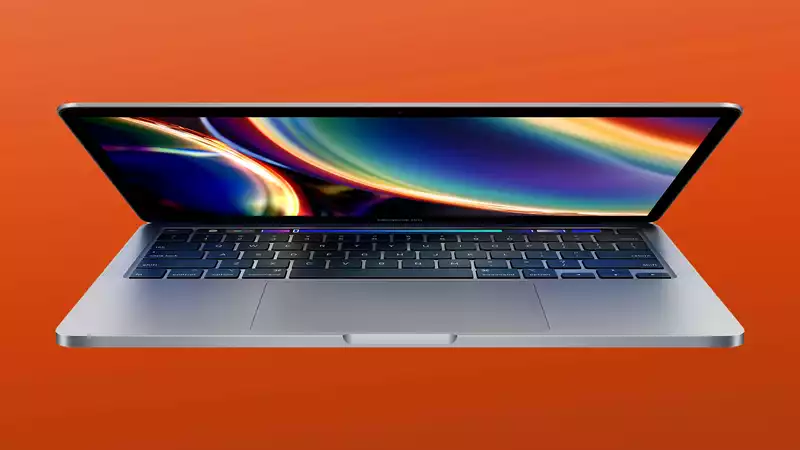Apple's AirPower may never happen. However, the next MacBook Pro may be able to wirelessly charge iPhones, Apple Watches, and AirPods.
New evidence has been found by Patently Apple that Apple is working on a reverse wireless charging feature for laptops. And that could further diminish the importance of the Lightning cable.
Reverse wireless charging essentially allows a device to power itself when placed on top of a device, such as a phone, earphone case, or smartwatch. No Apple devices are currently capable of reverse wireless charging, but it is something that can be found in Android smartphone competitors like the Samsung Galaxy S20's "Wireless PowerShare" and in laptops like the Samsung Galaxy Book Flex
"Wireless PowerShare
The original version of this patent, titled "Inductive Charging Between Electronic Devices," first appeared in 2016, but new claims are found in these two most recent versions (1,2). For example, in addition to the previously proposed charging points on the lower inside of the MacBook, the figure below shows multiple charging points on the outside of the MacBook that can send power to multiple devices at once.
This innovation will transform the MacBook Pro into a wireless charging pad like the AirPower that Apple introduced in 2017. However, Apple's device never made it to market due to reported technical difficulties and potential overheating.
Apple's iPhone 12 line includes MagSafe charging, a wireless charging method that uses magnets for safer charging. However, a simple software update has been shown to theoretically enable reverse wireless charging.
The next MacBook will arrive later this year and may feature the same M1 processor found in the latest MacBook Air and MacBook Pro, or a new 12-core Apple Silicon chip named M1X. There are also reports that the next MacBook Pro will feature a new mini LED display that will make images on the laptop's screen appear more colorful and clearer.
Of course, this is only a patent, so there is no guarantee that Apple will make this feature a reality, but we may see some of Apple's other recent patents become real upgrades. It could be something as mundane as a black-shell MacBook, something wilder like a dynamic keyboard with multiple touch displays, or Face ID security like the iPad Pro or iPhone 12.










Comments